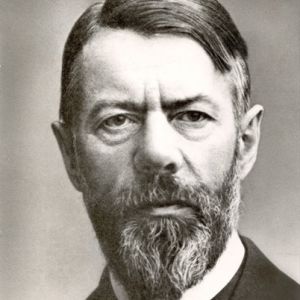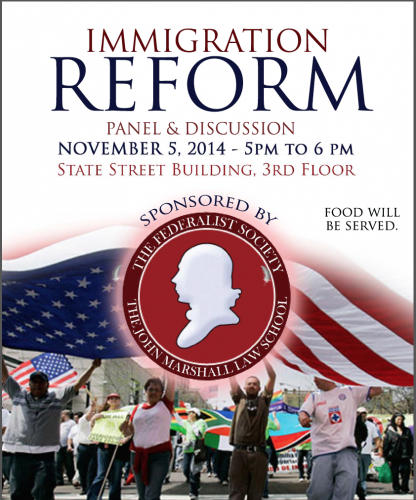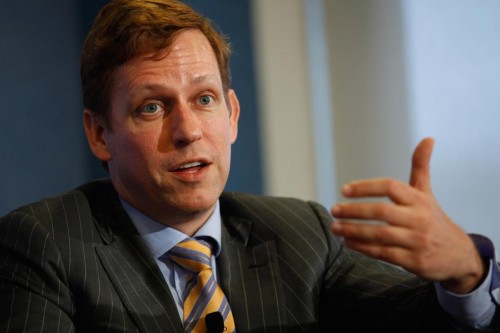
Those of you who know Dostoievski will remember the scene of the ‘Grand Inquisitor,’ where the problem is poignantly unfolded. If one makes any concessions at all to the principle that the end justifies the means, it is not possible to bring an ethic of ultimate ends and an ethic of responsibility under one roof or to decree ethically which end should justify which means.
My colleague, Mr. F. W. Forster, whom personally I highly esteem for his undoubted sincerity, but whom I reject unreservedly as a politician, believes it is possible to get around this difficulty by the simple thesis: ‘from good comes only good; but from evil only evil follows.’ In that case this whole complex of questions would not exist. But it is rather astonishing that such a thesis could come to light two thousand five hundred years after the Upanishads. Not only the whole course of world history, but every frank examination of everyday experience points to the very opposite. The development of religions all over the world is determined by the fact that the opposite is true. The age-old problem of theodicy consists of the very question of how it is that a power which is said to be at once omnipotent and kind could have created such an irrational world of undeserved suffering, unpunished injustice, and hopeless stupidity. Either this power is not omnipotent or not kind, or, entirely different principles of compensation and reward govern our life–principles we may interpret metaphysically, or even principles that forever escape our comprehension This problem–the experience of the irrationality of the world–has been the driving force of all religious evolution. The Indian doctrine of karma, Persian dualism, the doctrine of original sin, predestination and the deus absconditus, all these have grown out of this experience. Also the early Christians knew full well the world is governed by demons and that he who lets himself in for politics, that is, for power and force as means, contracts with diabolical powers and for his action it is not true that good can follow only from good and evil only from evil, but that often the opposite is true. Anyone who fails to see this is, indeed, a political infant.
Max Weber, Politics as a Vocation (1919).
Is Weber right? Is Aristotle (“man is by nature a political animal”) wrong?
One hour, one blue book.
The highlighted language from Weber I recently read in “The Private Faces of Public Virtue” Michael Knox Beran, in The Claremont Review of Books, Vol. XIV, Number 3, Summer 2014, a review of The Founders at Home: The Building of America, 1735-1817 by Myron Magnet. Magnet’s book sounds good. And for that matter, Beran’s book, Forge of Empires: Three Revolutionary Statesmen and the World They Made, 1861-1871
by Myron Magnet. Magnet’s book sounds good. And for that matter, Beran’s book, Forge of Empires: Three Revolutionary Statesmen and the World They Made, 1861-1871 , looks good, too.
, looks good, too.
Far too many books, far too little time.
It has been many years since I read “Politics as a Vocation” — an acknowledged classic. I need to read that again.




